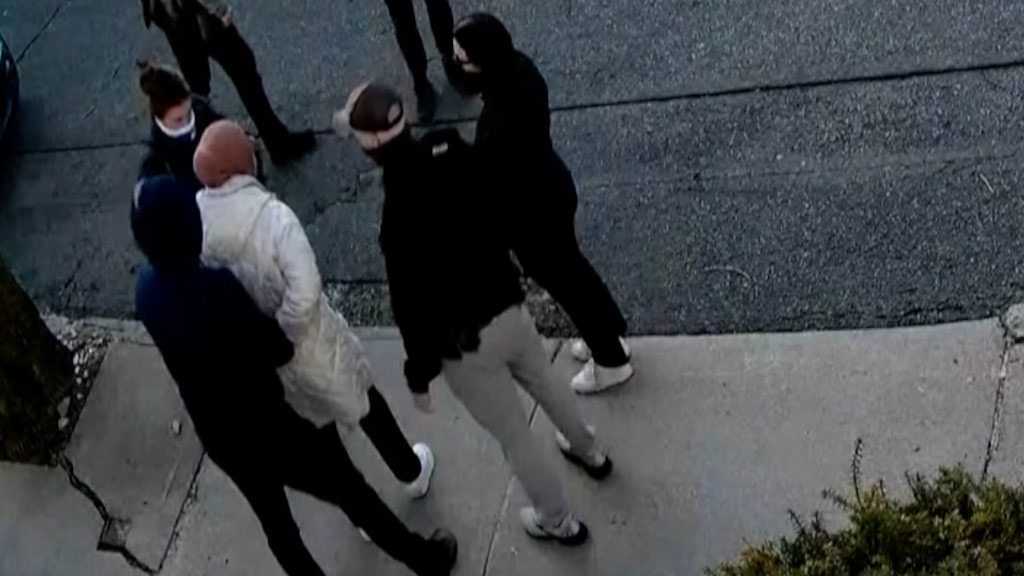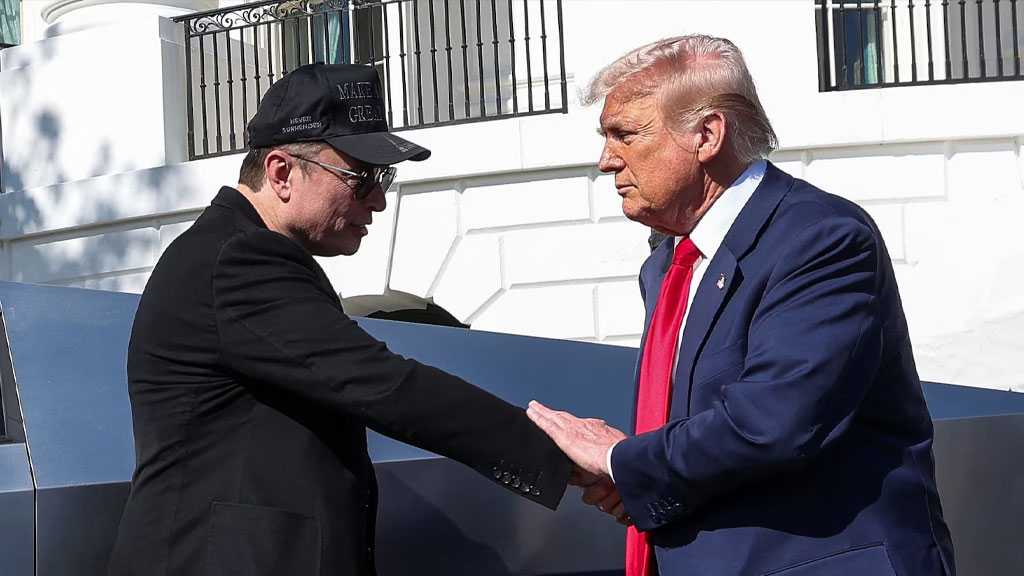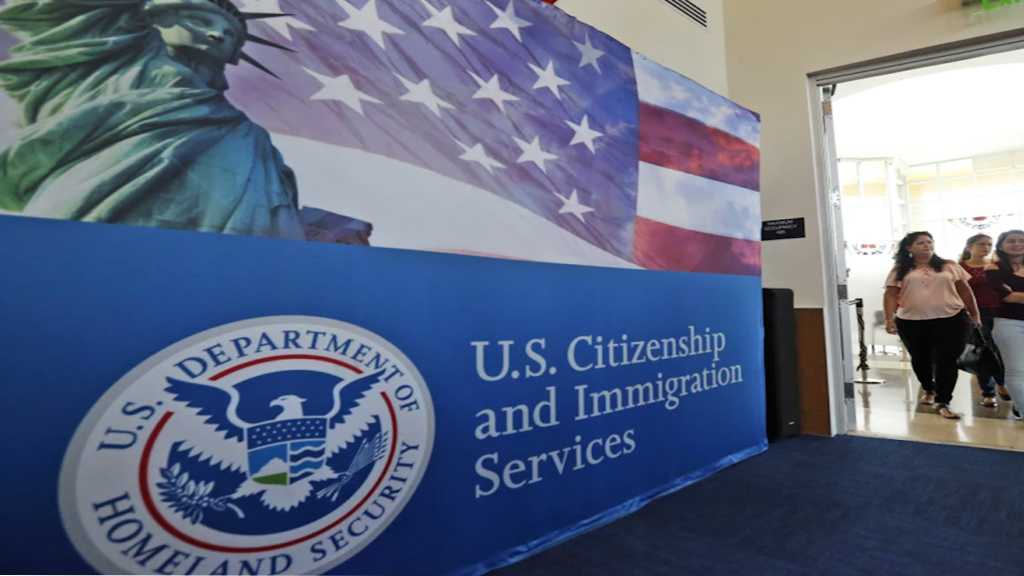US Immigration Targets Pro-Palestinian Students at Tufts, University of Alabama Amid Crackdown on Free Speech

By Staff, Agencies
In an escalating crackdown on pro-Palestinian activism, US immigration officials have detained multiple university students, fueling widespread outrage over violations of free speech and academic freedom.
On Tuesday, Rumeysa Ozturk, a Turkish doctoral student at Tufts University in Massachusetts, was arrested by federal immigration agents while walking to an Iftar meal to break her fast during Ramadan.
The arrest, which was captured on video, shows plain-clothes officers handcuffing Ozturk and leading her to an unmarked vehicle.
Tufts University confirmed that Ozturk’s student visa had been revoked, and she was detained despite a federal judge’s order for her to remain in Massachusetts.
Ozturk, a Fulbright scholar, had been involved in pro-Palestinian protests and activism, advocating for the acknowledgment of Palestinian rights.
She had co-written an opinion piece in the Tufts student newspaper calling for the university to “acknowledge the Palestinian genocide.”
The US Department of “Homeland Security” [DHS] claimed that Ozturk “engaged in activities in support of Hamas,” a foreign organization the US has designated as a terrorist group. However, the department has yet to clarify what specific charges she faces or how she allegedly supported Hamas.
The video of her arrest sparked protests, with a local resident describing it as “reminiscent of a kidnapping.” The Massachusetts chapter of the Council on American-Islamic Relations condemned the arrest as an “assault on free speech and academic freedom,” calling the incident an attempt to stifle dissent.
Ozturk’s case is part of a broader surge in detentions targeting students expressing solidarity with Palestinians, as part of a wider US government crackdown on what it deems “antisemitism” on college campuses.
The Trump administration, under an executive order issued in January, has linked the rise in campus activism with a national security threat, pressuring universities to clamp down on pro-Palestinian discourse or face cuts to federal funding.
Critics argue that this policy violates students' constitutional rights and undermines academic freedom, equating the stifling of such activism with political repression.
In another incident, federal immigration authorities detained an Iranian student at the University of Alabama, who was studying mechanical engineering on a student visa.
The student, Alireza Doroudi, a doctoral student at the University of Alabama, was detained by federal immigration authorities in a pre-dawn raid at his home early Tuesday morning.
This detention follows a similar pattern of aggressive enforcement, particularly against international students with pro-Palestinian views.
Local groups, including the University of Alabama's College Democrats, condemned the arrest, accusing the government of targeting the international student community and violating the students' basic rights.
The University of Alabama expressed its commitment to following all immigration laws while reiterating that international students are valued members of the campus community.
However, campus activism is increasingly under threat, with many students fearing that their participation in political events, particularly those related to Palestine, may lead to retaliation from federal authorities.
The detention of both Ozturk and the Alabama student highlights the growing concern over political repression in US higher education institutions.
In addition to these high-profile cases, civil rights organizations, including the ACLU, have condemned the federal government’s approach, warning that it sets a dangerous precedent for restricting students' right to free expression.
The ACLU’s letter to universities emphasized that the US government cannot mandate student expulsions or enforce deportations based on political viewpoints.
As legal battles continue, activists and advocates for academic freedom are calling for stronger protections to ensure that universities remain spaces for open dialogue and the free exchange of ideas, free from political intimidation.
These arrests are fueling widespread protests, with students and faculty members across the country calling for an end to the repression and for universities to stand firm in their commitment to free speech.
As the crackdown on pro-Palestinian activism continues, universities like Tufts and the University of Alabama face growing pressure to support their students and challenge government overreach.
Comments



